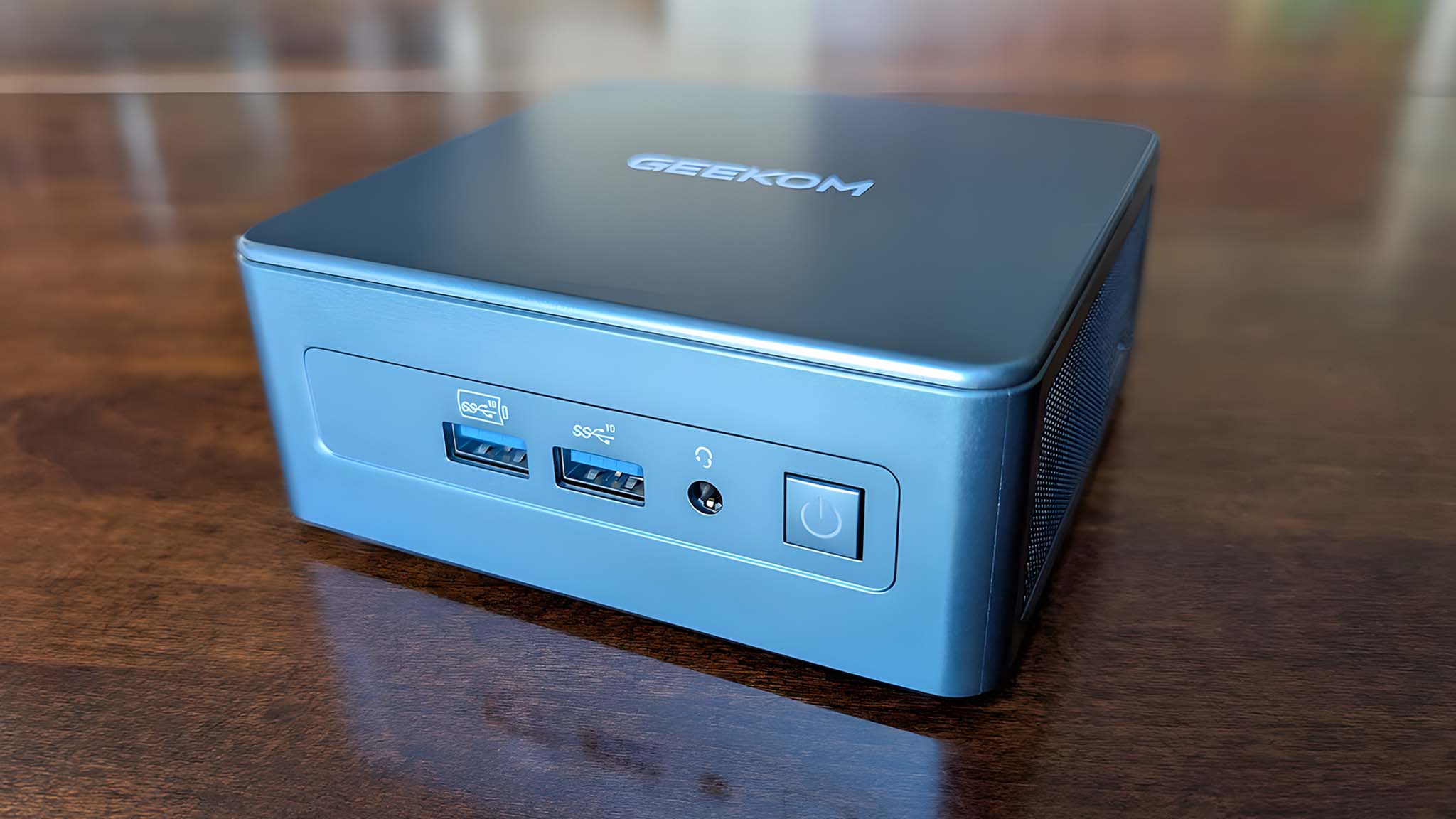Android costing carriers $2B a year in service with Windows Phone faring better

All the latest news, reviews, and guides for Windows and Xbox diehards.
You are now subscribed
Your newsletter sign-up was successful
We know a few things about about Android: they're ubiquitous, have fragmentation, range from super cheaper to top of the line and now evidently they cost carriers a lot of money in service calls and repairs. Up to $2 billion a year, at least according to a white paper by Wireless Dat Service.
The study looked at over 600,000 support calls to carriers over the last 12 months. The results highlight that 14% of support calls dealing with Android related to hardware repairs whereas Windows Phone 7 came in at 11%. By comparison, BlackBerry was at 5.5% and the iPhone at 7%.
The results are clear: the tighter the grip the OS developer has on the hardware, the more reliable it is. RIM and Apple control their hardware in every which way since they literally design the OS and hardware together. Microsoft certainly has more control with their chassis requirements but ultimately it is up to OEMs like Samsung and HTC to make the device. Google is even more lax with Android, allowing anything and everything to go, hence a little more chaotic.
However, Tim Deluca-Smith, vice president of marketing at WDS does point out that it is because of Android's wild and uninhibited nature that it now commands much of the market, albeit at a price to customers--more hardware failures due to rush to market and less frequent OS updates. On that latter point, the report cites a 2010 study which notes "of 18 Android devices from the US, 10 were at least two major versions behind within their two-year contract period."
Microsoft truly has a middle of the road approach which is giving them more stable hardware and consistent user experience across devices. In addition, major OS updates like Mango seem to be going very well with nearly 50% of current phones already upgraded just five weeks after a slowly expanding rollout.
Perhaps the report will get carriers to reconsider betting everything on Android and look for a more cost-effective and reliable OS like Windows Phone.
Source: WDS (registration req); via Fierce Wireless, After Dawn
All the latest news, reviews, and guides for Windows and Xbox diehards.

Daniel Rubino is the Editor-in-Chief of Windows Central. He is also the head reviewer, podcast co-host, and lead analyst. He has been covering Microsoft since 2007, when this site was called WMExperts (and later Windows Phone Central). His interests include Windows, laptops, next-gen computing, and wearable tech. He has reviewed laptops for over 10 years and is particularly fond of Qualcomm processors, new form factors, and thin-and-light PCs. Before all this tech stuff, he worked on a Ph.D. in linguistics studying brain and syntax, performed polysomnographs in NYC, and was a motion-picture operator for 17 years.
